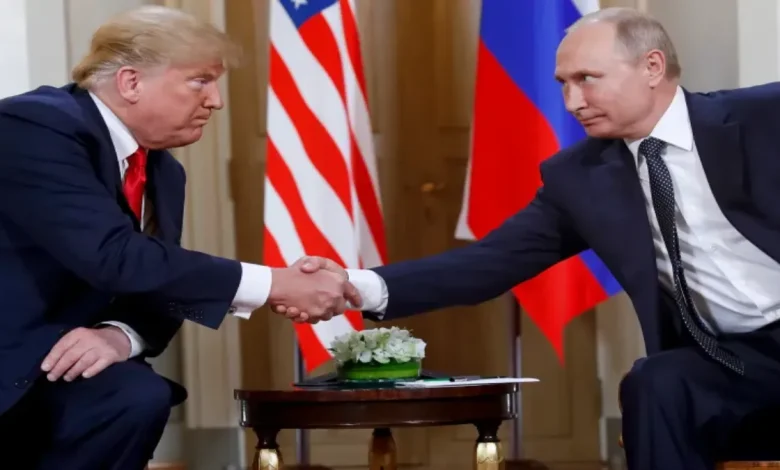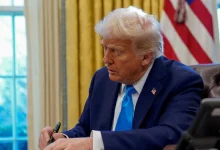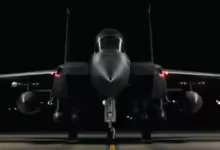Deal or Disaster? What Could Come Out of the Trump–Putin Closed-Door Alaska Summit

All eyes are on the Alaska Summit, where US President Donald Trump and Russian President Vladimir Putin are set for a private meeting on Friday an encounter stirring anxiety across Western capitals amid the ongoing war in Ukraine.
Putin, known for his composure and calibrated messaging, will command the room as usual, but it’s Trump’s unpredictability that has watchers uneasy, given his history of veering off script in high-stakes leader-to-leader engagements. Past summits have ended badly his tense White House exchange with Volodymyr Zelenskyy nearly spiraled into a public confrontation, while his diplomacy with Kim Jong Un fizzled.
With Washington and Moscow already sharply divided over Ukraine, the political chill around this Alaska sit-down is more than symbolic. According to The Guardian, Trump plans to brief Ukraine and the European Union after the conversation an assurance that’s done little to soothe nerves among allies.
1) A Record of Leaning Toward Putin
In 2018 at their Helsinki Summit, Trump met one-on-one with Putin for over two hours, accompanied only by interpreters before publicly casting doubt on US intelligence assessments that Russia interfered in the 2016 election. Saying he saw “no reason” Russia would be involved, he appeared to side with Putin over the CIA, FBI, and NSA a moment that triggered bipartisan outrage and cemented concern in Washington that Trump places unusual faith in the Russian leader over his own security apparatus. That history is a key reason many in the US are deeply wary of another private session.
2) A Prize Deal That Risks Rewarding Aggression
One of the most controversial possibilities on the table is a Ukraine “land swap” a deal that could effectively endorse Russia’s occupation by trading territory for a ceasefire or larger settlement, potentially sidelining Kyiv and alienating European partners. Despite Trump’s ambition to land a legacy-defining peace and end the war quickly, neither Moscow nor President Volodymyr Zelenskyy has shown willingness to concede on territory. Critics fear that in pursuit of a breakthrough and his oft-noted craving for global accolades Trump could float risky concessions with limited oversight, undermining Ukraine’s sovereignty, fracturing NATO cohesion, and damaging Western credibility.
3) Arctic Energy: A Wedge in the West?
Russia has reportedly dangled a resource deal granting US access to Russian energy and joint Arctic projects an offer that could marginalize the EU and UK and test Western unity. Reports cite Russian envoy Kirill Dmitriev describing a path for American firms to reenter Russia and join Arctic ventures if ties improve. The pitch comes alongside signals that Washington could consider unfreezing a portion of Russian state assets and easing sanctions as part of a broader peace track. Kyiv, meanwhile, has rejected a US-proposed memorandum on Ukrainian natural resources due to weak security guarantees, insisting investment must be paired with stronger protections. For European allies, any US–Russia energy thaw that bypasses them risks splintering the sanctions coalition and giving Moscow strategic leverage in the Arctic especially if Trump views it through an “everything is a deal” lens.
How this ends breakthrough or breakdown will hinge on whether the Alaska meeting stays within allied guardrails or veers toward unilateral gestures that embolden Moscow and leave Kyiv exposed.




